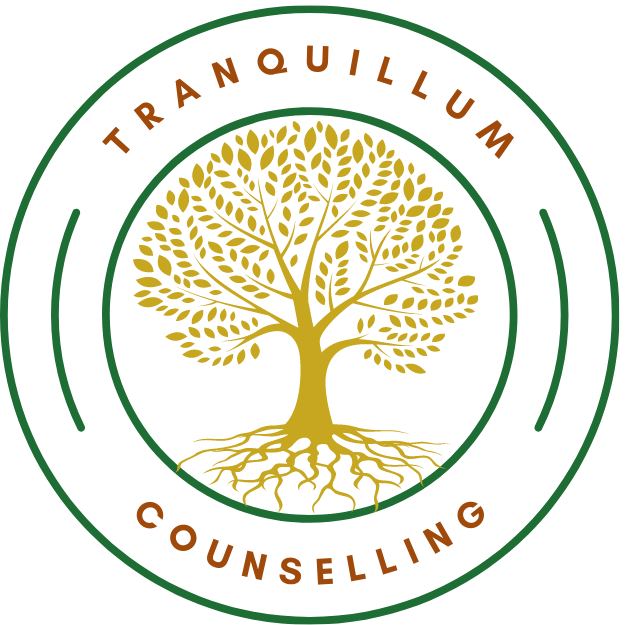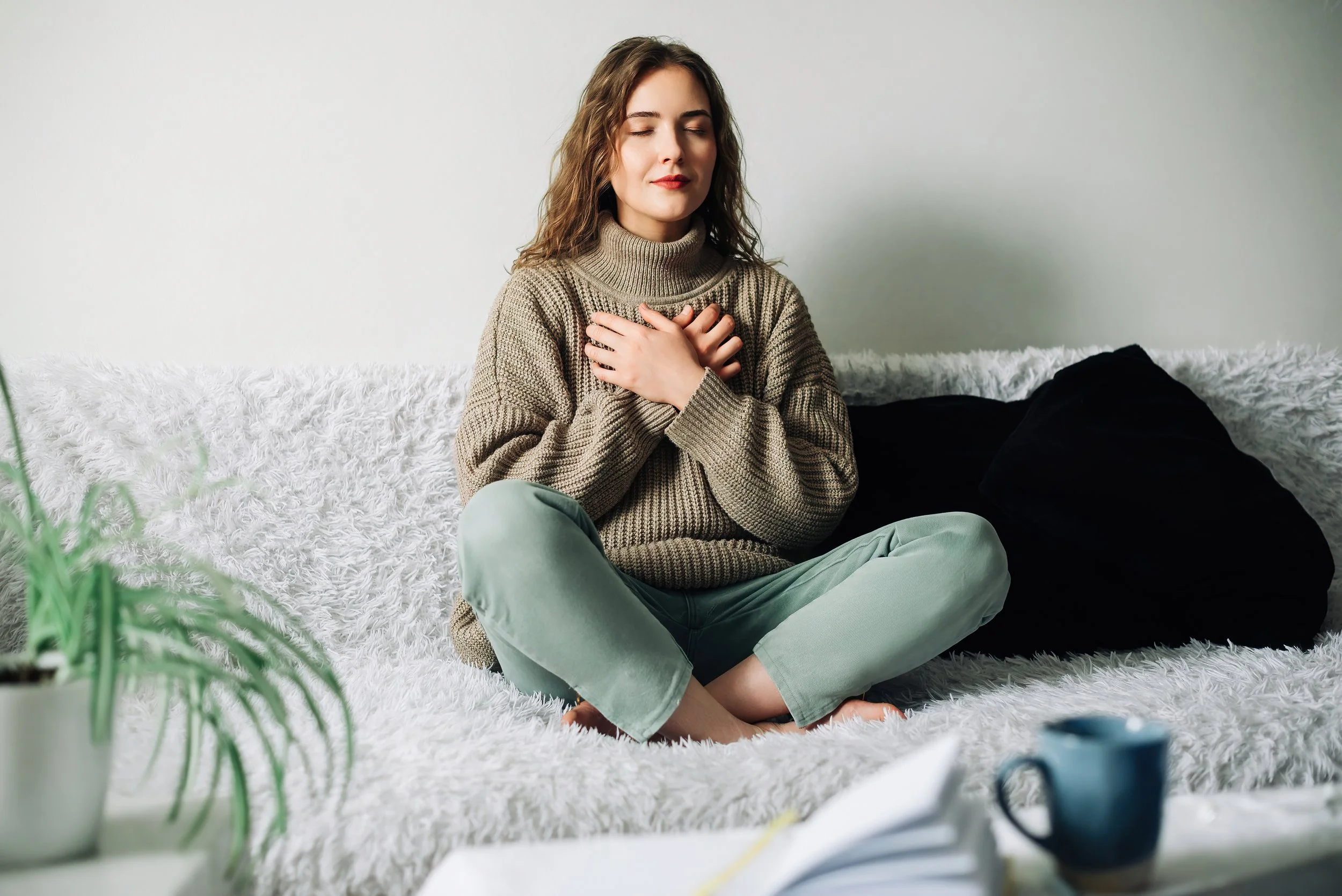Effective Techniques to Cope with Anxiety
Anxiety is one of the most common mental health disorders that affect millions of people worldwide. The feeling of fear, worry, and uncertainty can be crippling and can hinder one's ability to function in daily life. As a psychotherapist, I have seen many individuals struggling with anxiety and the impact it has on their lives. The good news is that there are many effective techniques to cope with anxiety that can help individuals improve their mental health and well-being. In this blog post, I will share some of the most effective techniques to cope with anxiety.
Practice Mindfulness
One of the most effective techniques to cope with anxiety is practicing mindfulness. Mindfulness is the practice of being present in the moment and accepting one's thoughts and feelings without judgment. By being mindful, individuals can learn to identify and acknowledge their anxious thoughts without getting caught up in them. This can help them manage their anxiety and reduce the impact it has on their lives. Mindfulness can be practiced through meditation, deep breathing, body scan, and other techniques.
Stay Physically Active
Exercise is an excellent way to reduce anxiety. When we exercise, our brain releases endorphins, which are natural mood-boosters. Exercise also helps to reduce the level of stress hormone cortisol in the body. This can help to reduce the symptoms of anxiety and improve overall mental health. You don't have to be a gym buff to benefit from exercise. Activities such as walking, cycling, swimming, and other physical activities can help to reduce anxiety.
Connect with Others
Social support is essential for good mental health, and it can be particularly helpful for individuals struggling with anxiety. Connecting with others can help to reduce feelings of isolation, which is often a trigger for anxiety. Talking to a trusted friend or family member about what you're going through can be helpful. You can also consider joining a support group or online community for individuals with anxiety.
Get Enough Sleep
Sleep is essential for good physical and mental health. Sleep deprivation can contribute to anxiety and other mental health disorders. Adults need an average of seven to nine hours of sleep per night. If you're having trouble sleeping, consider establishing a sleep routine, avoiding screens before bedtime, and creating a relaxing sleep environment.
Seek Professional Help
Finally, it's essential to seek professional help if you're struggling with anxiety. A mental health professional can help you identify the underlying causes of your anxiety and develop a personalized treatment plan. Treatment for anxiety can include therapy, medication, or a combination of both. It's important to remember that seeking help is a sign of strength, not weakness.
In conclusion, anxiety is a common mental health disorder, but there are many effective techniques to cope with it. Practicing mindfulness, staying physically active, connecting with others, getting enough sleep, and seeking professional help are all effective ways to manage anxiety. It's important to remember that anxiety is treatable, and seeking help is a sign of strength. By incorporating these techniques into your daily routine, you can improve your mental health and well-being and experience a greater sense of peace and calm.


